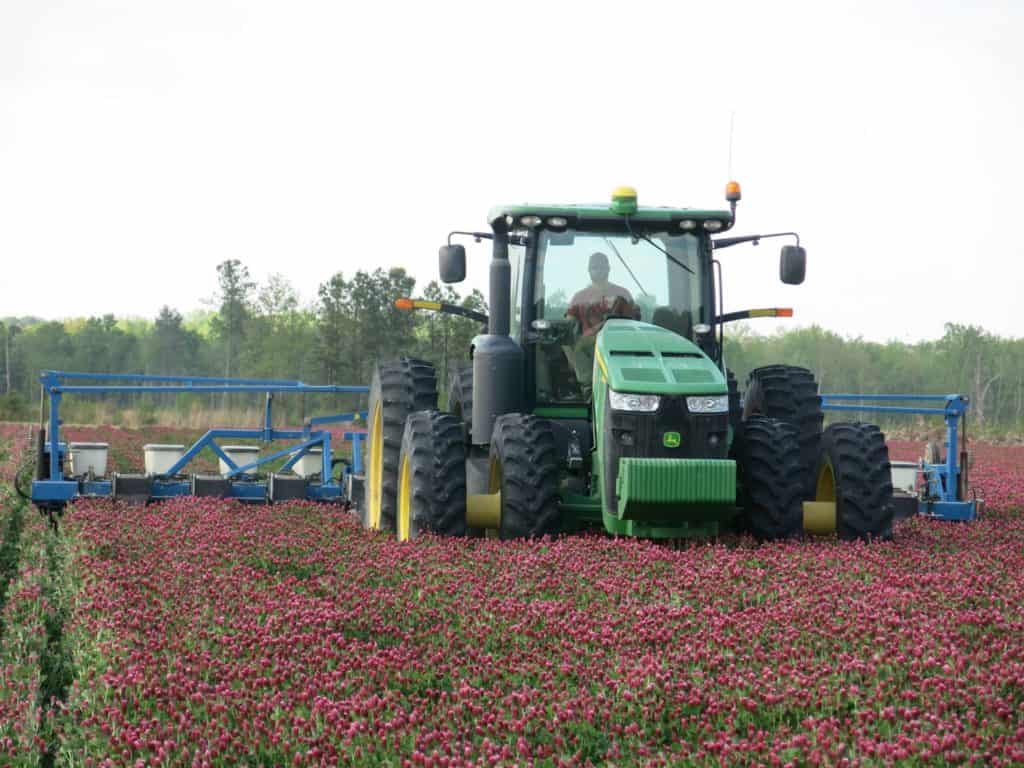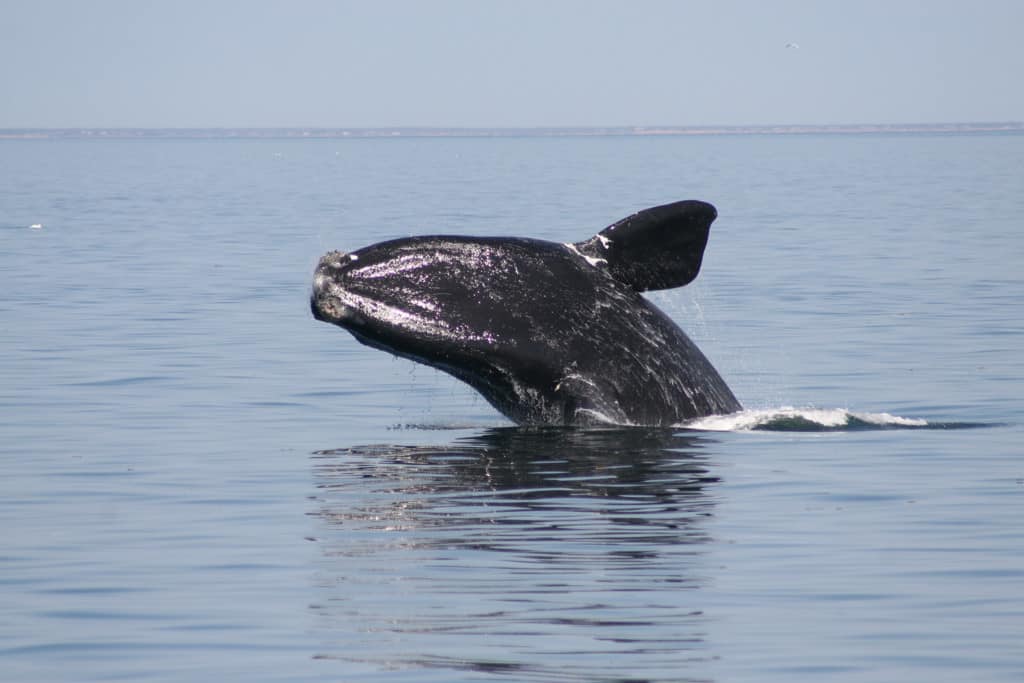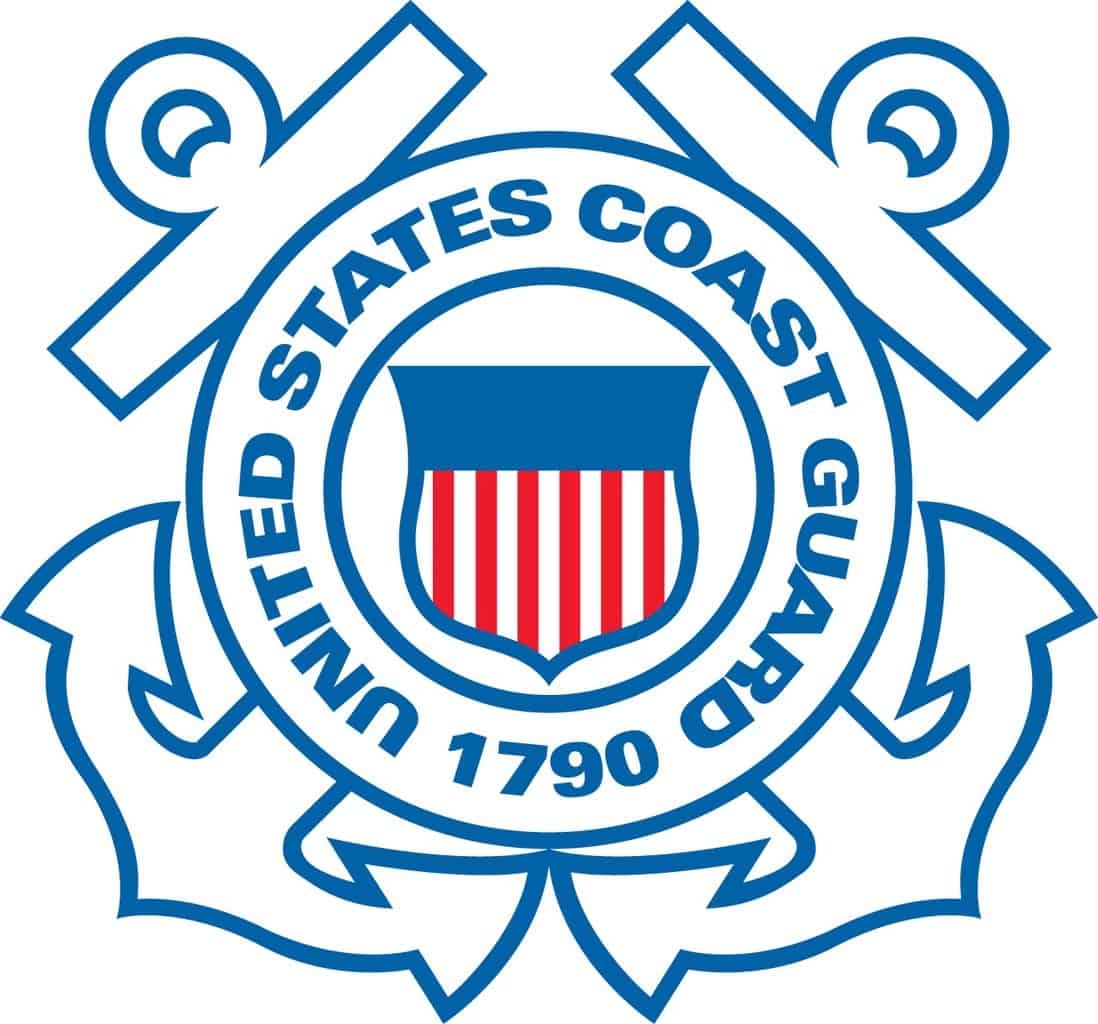There’s a whopping $73 million waiting for Virginia farmers who want to make their properties more productive and help the Bay in the process, thanks to a cost-share program available across the state.
As of July 1, $73 million in funding is available through the Virginia Agricultural Best Management Practice Cost-Share (VACS) Program, which helps farmers pay to install environmentally responsible practices on their land. The hope is that those practices will mean cleaner water for the Chesapeake watershed.
This year’s program is big news for the state, says Julie Buchanan, spokesperson for the Virginia Department of Conservation and Recreation (VA DCR). The DCR manages the program in partnership with the 47 Virginia Association of Soil and Water Conservation Districts (VASWCD) across the state.
Buchanan is particularly excited– and with good reason– about this year’s amount of funding. It’s the biggest investment the state has made since the program’s inception in 1984 and $50 million more than last year, she says.
“This program isn’t just important for the ag(ricultural) community to know about, it’s important for all Virginians and all residents of the Bay watershed to know that Virginia is making an investment in clean water with this program, with this historic funding level,” says Buchanan.
According to the DCR, there are more than 70 practices, including erosion control, managing nutrients, and planting cover crops, offered under the program that boost farm productivity and help to protect water quality. The goal is a cleaner Chesapeake Bay watershed.
Farmers, landowners, trusts, or businesses that operate farms can be eligible and apply for the program at their local SWCD office. “The districts are actually the rock stars of this program,” says Buchanan, since they handle sign-ups, assist farmers throughout the process, and disperse the funds.
Once a practice is implemented and functioning, the farmers are reimbursed for a portion of the cost, Buchanan says. Spot checks take place to make sure things are running properly, too.
In addition to the record increase in funding, also notable this year is that the program is offering more flexibility in how farmers install the practices and increasing caps, says Buchanan. She also reports that the Department of Environmental Quality (DEQ) will be offering zero-percent loans for farmers who might want to borrow funds to participate in the cost-share program. Loan forgiveness is also available for landowners who qualify. Buchanan hopes all of these measures will attract more farmers who may want to get involved.
Kathy Clarke and Brandon Distillin, who manage the Northern Neck SWCD, say that because agriculture is such a big part of the area’s economy and way of life, the cost-share program is a great way to keep both going. “Given our proximity to the Chesapeake Bay and the fact that agriculture is our largest industry, our farmers are very mindful of how their daily operations influence and impact those natural resources that continue to provide us with a way of life unlike any other in Virginia.”
Keith Harris of Harris Farms in Heathsville has been involved with the program in past years and is taking part again. It’s all about being proactive and keeping soil healthy, which is important for his grain farm, he says. “It’s catching problems before they happen…it’s also helping us in the long run.”
Harris explains that the cover crops they install as part of the cost-share program mean better retention of whatever they’re putting down, including nutrients and chemicals. Speaking for himself and other farmers who have been involved, Harris says that in addition to protecting their soil, “we want to protect the environment. If we can get them both done, that’s a great thing.”
To learn more about the cost-share program, click here.
–Laura Adams Boycourt



